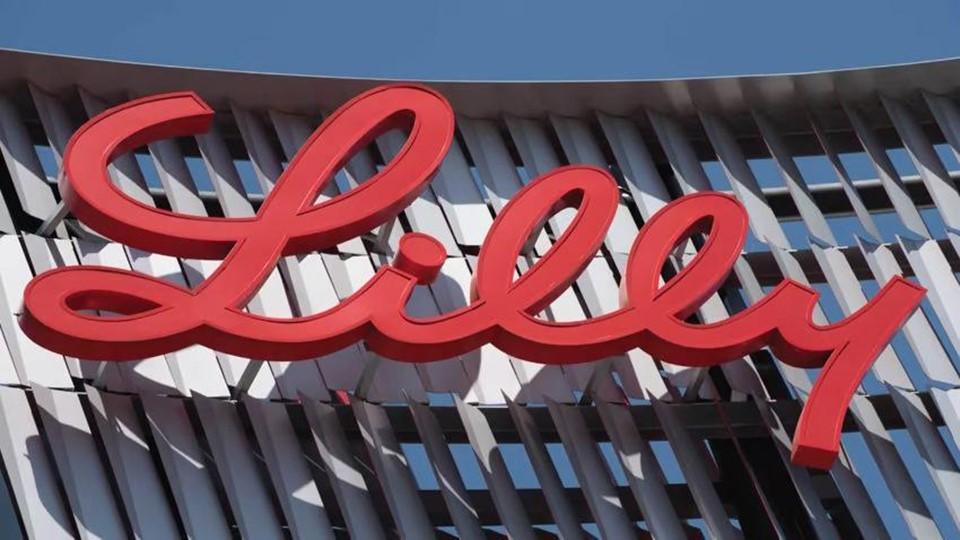Lilly’s Alzheimer’s drug delayed as FDA seeks adcomm

The FDA has said it will seek the advice of independent advisors before it concludes its review of Eli Lilly’s amyloid-targeting Alzheimer’s disease therapy donanemab, delaying its review of the drug.
Lilly said the US regulator “wants to further understand topics related to evaluating the safety and efficacy of donanemab,” which includes the safety and efficacy results of its pivotal TRAILBLAZER-ALZ 2 study.
The FDA had been scheduled to deliver a decision before the end of this month, and caused nervousness among investors as they tried to understand the implications of the delay, leading to a 2.3% decline in Lilly’s share price after the news emerged and another 1% fall after hours.
Lilly’s head of neuroscience, Anne White, said the notification so late in the review was “unexpected”, but added: “We look forward to the opportunity to further present the TRAILBLAZER-ALZ 2 results and put donanemab’s strong efficacy in the context of safety.”
The decision is a reminder to developers that the agency will not wave through new drugs in the anti-amyloid class now that it has granted full approval of Biogen and Eisai’s Leqembi (lecanemab), perhaps mindful of the controversy that followed its early authorisation of Biogen and Eisai’s ill-fated Leqembi predecessor Aduhelm (aducanumab).
Both Leqembi and Aduhelm were also discussed by the FDA’s Peripheral and Central Nervous System Drugs (PCNS) advisory committee.
Unlike Leqembi, the FDA previously blocked accelerated approval of donanemab on initial clinical results, asking the company to wait for the full dataset from TRAILBLAZER-ALZ 2, which were reported last May and showed a 35% reduction compared to placebo on the iADRS measure of cognitive function after 18 months.
Moreover, 47% of patients on donanemab had no evidence of clinical progression at one year, compared to 29% of the placebo group, as measured by the widely-used CDR-SB scale.
However, around a quarter (24%) of patients had amyloid-related imaging abnormalities (ARIA) – a recognised side effect with amyloid drugs, which can have serious consequences – with serious cases seen in 1.6% of patients taking the drug. There were three deaths in the donanemab group considered treatment related, compared to one in the placebo group.
Patient deaths linked to ARIA have also been reported with Leqembi, although, Eisai and Biogen’s drug seemed less likely to cause the side effect overall in trials, with the usual caveat of comparing studies with different designs and protocols.
One of the key things up for discussion will likely be the design of Lilly's study, which included a provision for patients to stop taking donanemab once amyloid plaques were shown to be cleared from the brain.
There was also a separation of patients into different groups based on levels of tau protein, another Alzheimer’s biomarker, which showed that donanemab worked better in patients with intermediate levels, and was less effective in those with high levels, which could point to more advanced disease.
Howard Fillit, co-founder and chief science officer of the Alzheimer’s Drug Discovery Foundation (ADDF), put the delay into perspective by noting: "Today’s FDA decision is not a setback, but another step forward in the drug approval process, with the regulatory agency doing its due diligence before the distribution of the drug to patients.”
He added that the FDA was likely asking its advisors for their views on the “goldilocks strategy” deployed by Lilly in the trial, using biomarkers to identify patients who were in the early stages of Alzheimer’s and most likely to benefit from treatment, saying it was an innovative design that "exemplifies the importance of developing biomarkers and drugs in tandem to support drug development, trial enrolment, and target engagement."
The donanemab delay comes as Leqembi continues a struggle to make headway in the market, despite the full approval, which unlocked previously-denied reimbursement pathways.
Eisai – which takes the commercial lead on the drug – said in a recent financial update that sales in the prior quarter were running at around $1.5 million a week, held back by barriers to diagnosis and monitoring, although, it subsequently set ambitious global sales projections for the drug of almost $2 billion in fiscal 2026 and almost $7 billion by the end of the decade.













